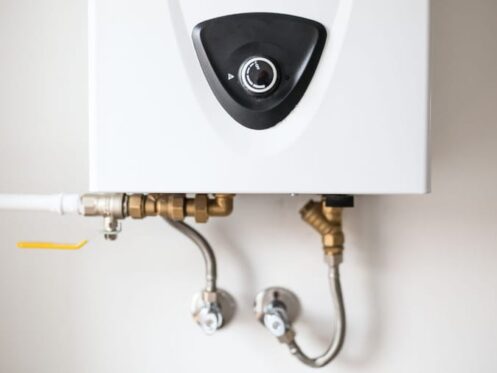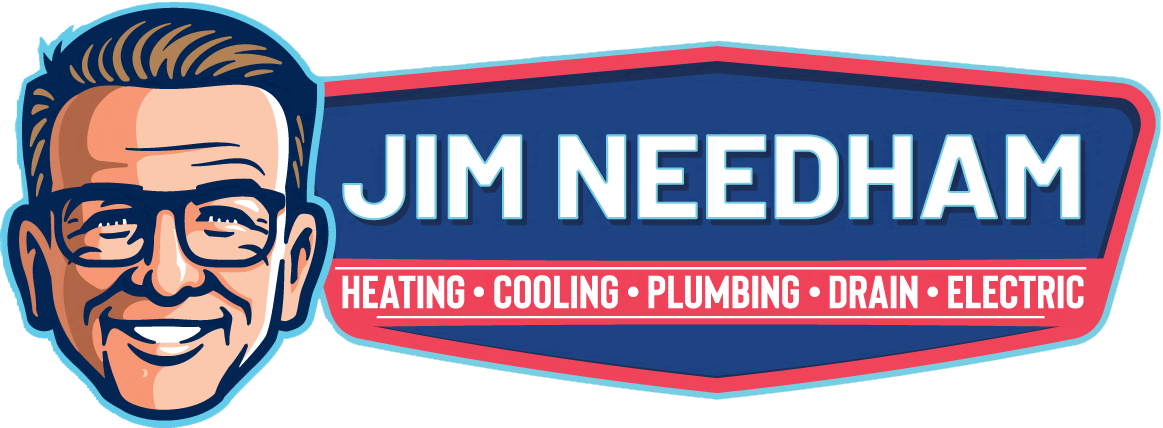Homeowners in Denver and surrounding Colorado communities rely on hot water every single day. Whether it is for a warm shower on a snowy winter morning, running the dishwasher after dinner, or keeping laundry clean, the performance of your water heater matters more than most people realize. Choosing the right type of water heater can also make a significant difference in monthly utility bills, long-term maintenance costs, and overall household comfort.
The most common options for Denver households are gas and electric water heaters. Both have strengths and limitations that should be considered carefully before deciding which system will best meet the needs of your home. By understanding how each type works and how they perform in Colorado’s climate, you can make an informed decision that protects your investment and your family’s comfort.
Understanding Gas and Electric Water Heaters
Before comparing costs and efficiency, it helps to understand the basics of each type of system. While both gas and electric water heaters serve the same purpose, they operate in different ways that can impact performance, safety, and energy use.
How Gas Water Heaters Work
Gas water heaters use natural gas or propane to ignite a burner beneath the tank. The flame heats the water directly, which is then stored until you turn on a faucet or appliance. Denver homes with existing natural gas lines often find these units convenient and quick to install.
How Electric Water Heaters Work
Electric water heaters rely on heating elements powered by your home’s electrical system. Instead of using an open flame, they use electrical resistance to warm the water. This process is slower but often safer, especially in homes without access to natural gas.
Comparing Energy Efficiency
Once you understand how these systems work, the next step is to look at energy efficiency. Efficiency affects not only your monthly utility bills but also your household’s environmental footprint, which is an important factor for many Denver families.
Efficiency of Gas Water Heaters
Gas water heaters heat water quickly and tend to recover faster after heavy use. However, because they vent exhaust gases, some energy is lost in the process. High-efficiency gas models reduce waste but usually cost more upfront. For households that use large amounts of hot water daily, this quick recovery is a major benefit.
Efficiency of Electric Water Heaters
Electric water heaters convert nearly all the energy they use into hot water, which makes them very efficient on paper. However, in Denver, electricity rates are typically higher than natural gas, so the monthly operating cost can be greater even with high efficiency. Electric models work best in smaller households or in homes that prioritize safety and sustainability.
Installation and Upfront Costs
Beyond efficiency, many Denver homeowners want to know which type of water heater will cost more to purchase and install. Upfront costs can vary depending on whether your home is already equipped with gas lines or whether electrical upgrades are required.
Gas Water Heater Costs
Gas water heaters generally cost more to install because they require venting and safe connections to gas lines. If your home already has a natural gas system in place, installation is easier, but if new lines need to be run, costs can climb quickly. For many Denver homes with existing gas service, the overall investment is reasonable.
Electric Water Heater Costs
Electric water heaters are simpler to install because they only require access to your home’s electrical panel. They do not need venting, which keeps labor costs down. However, if your home’s electrical system requires an upgrade to handle the added demand, this can raise installation costs significantly.
Maintenance and Lifespan
Cost is only part of the decision. Homeowners should also think about maintenance needs and how long each system typically lasts. Regular upkeep can make a big difference in performance and reliability over time.
Gas Water Heater Maintenance
Gas water heaters require periodic inspections to check the burner, pilot light, and venting system. They also need regular flushing to remove sediment buildup that can reduce efficiency. When maintained properly, most gas units last between 8 and 12 years.
Electric Water Heater Maintenance
Electric water heaters generally require less maintenance because they do not involve combustion or venting. Routine flushing and occasional replacement of heating elements are usually all that is needed. These units often last 10 to 15 years, making them a longer-term investment for many Denver families.
Choosing the Right Water Heater for Denver Homes
Once you have considered efficiency, costs, and maintenance, the final step is to decide which type of water heater best fits your lifestyle and budget. The choice often comes down to household size, hot water demand, and long-term energy goals.
When to Choose Gas
If your home already has natural gas service and your family uses large amounts of hot water each day, a gas water heater is often the better choice. The faster recovery rate ensures you will not run out of hot water during peak times, and in many cases, the monthly cost is lower compared to electric units. For additional context, review the differences between a traditional water heater and tankless.
When to Choose Electric
Electric water heaters are a strong option for smaller households or for those who want a system with fewer maintenance requirements. They are also ideal for homes without natural gas service. For Denver homeowners who are focused on efficiency and long-term reliability, electric units offer a practical solution. If efficiency is a priority, you may also want to explore energy-efficient cooling options for your home.
Call Jim Needham for Expert Water Heater Solutions
No matter which system you choose, professional installation is essential. A licensed technician can help you weigh your options, provide accurate cost estimates, and ensure that the job is completed safely and up to code. To get the most value from your investment, consider scheduling regular preventative plumbing maintenance along with your installation.

